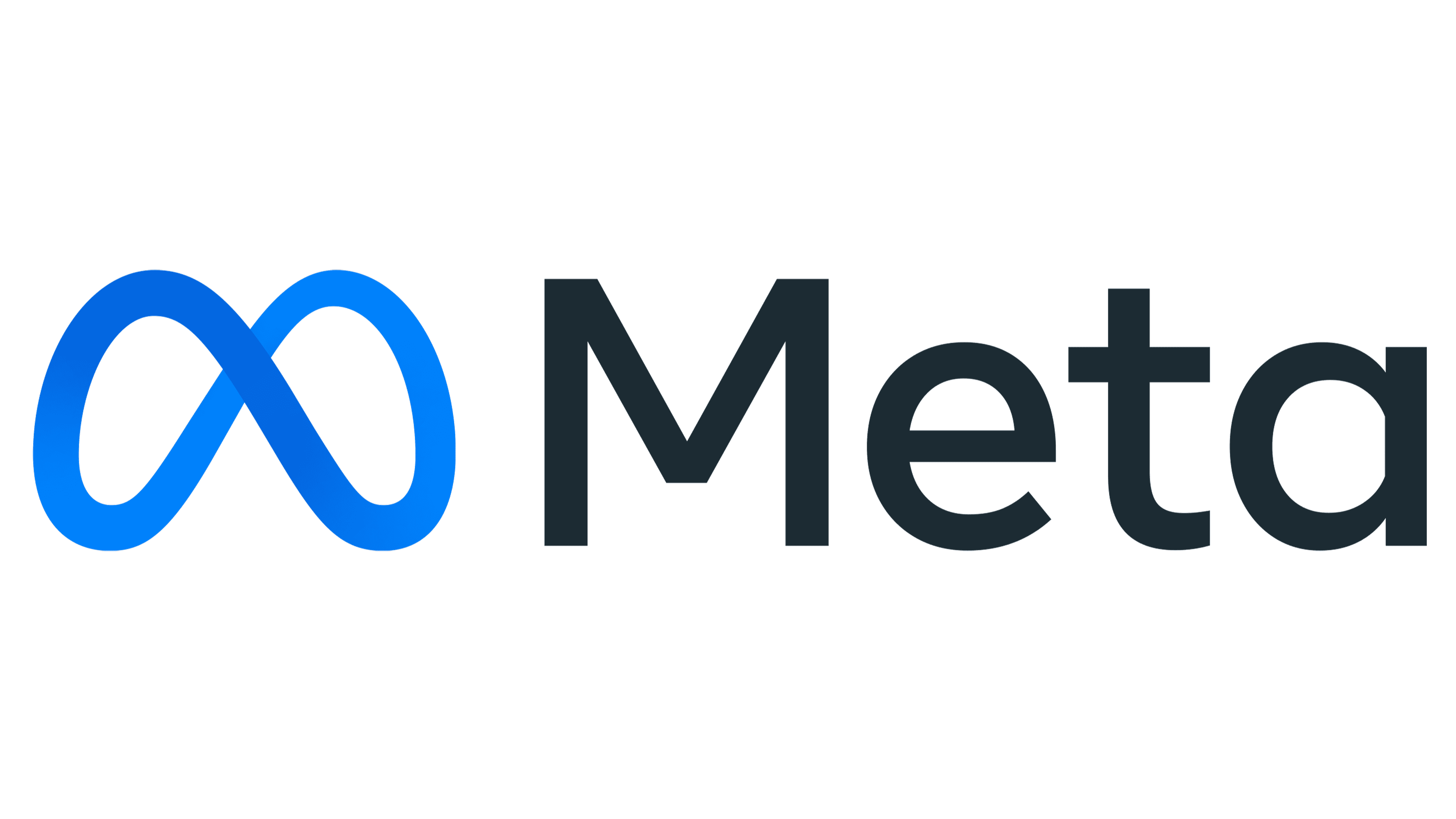New Education Product for Quest Devices Will Help Teachers Bring Subjects to Life in New Ways
By Nick Clegg, President, Global Affairs
Takeaways
- Later this year Meta will launch a new education product for Quest devices.
- It will allow teachers, trainers and administrators to access a range of education-specific apps and features, and make it possible for them to manage multiple Quest devices at once.
- The new product is the result of extensive consultation and collaboration with educators, researchers and third-party developers working in the education space around the world.
Of all the ways in which metaverse technologies like virtual, mixed and augmented reality could prove to be transformative, the potential they have for education is one of the most exciting.
For most of us, learning is social – we learn from and with others, and from each other’s experiences. It’s about interaction and discussion as much as it is about absorbing facts. That’s why the unique feeling of presence and immersion these technologies create can be so impactful in education.
They also make things possible that are impossible in the physical world. Instead of telling students what the dinosaurs were like, they can walk among them. Virtual science laboratories can be built and filled with equipment that most schools would never be able to afford. Classes can go on field trips to the best museums, no matter how far away they are. And they can be used to take the risk out of otherwise dangerous or expensive technical or vocational training.
Last year, I wrote about some of the ingenious ways teachers and trainers were already using these technologies. That momentum has continued to build, with more and more colleges and institutions incorporating them into their curriculums. For example:
- New Mexico State University is teaching criminal justice by immersing students in virtual crime scenes to learn how to best investigate.
- Stanford University is using virtual reality to teach its Business School students soft skills, like how to have a difficult conversation or how to nail an interview.
- The University of Glasgow is teaching life sciences by placing students inside virtual intestines, to see how the body battles bacteria.
There is also a growing research base showing that learning in VR can improve students’ performance, as well as their levels of engagement, attendance and satisfaction. In 2022, Morehouse College reported that students who learned in VR had an average final test score of 85, versus 78 in person. A survey by the XR Association found that 77% of educators believe these technologies ignite curiosity and improve engagement in class.
To make it easier for educators, later this year Meta will be launching a new product offering for Quest devices dedicated to education, just as last year’s Meta Quest for Business was designed for the workplace. It will allow teachers, trainers and administrators to access a range of education-specific apps and features, and make it possible for them to manage multiple Quest devices at once, without the need for each device in a classroom or training environment to be updated and prepared individually. This will save teachers time and allow students to pick up the headsets and get started right away – something that educators using our devices have consistently told us they want.
Education and training providers represent a considerable market for technology products, and we see a growing number of developers building and releasing apps aimed at this sector. While it is still early days for the use of immersive technologies in these settings, we think there’s scope for them to be adopted on a much wider scale.
The product’s name and features will be announced in the coming months. At launch, we plan to make the product available in our Quest for Business supported markets to institutions serving learners aged 13+.
The new product is the result of extensive consultation and collaboration with educators, researchers and third-party developers working in the education space around the world. We want it to be something that makes it easier for students to learn, apply and practice new skills; feel a sense of presence with teachers and classmates; and to visit places or experience things that would otherwise be impossible. Above all, we want it to help teachers do what they do best: teach. We will continue to learn from them so we can keep improving and make sure Meta Quest headsets are the best devices, at the best value, to bring their classes to life.

